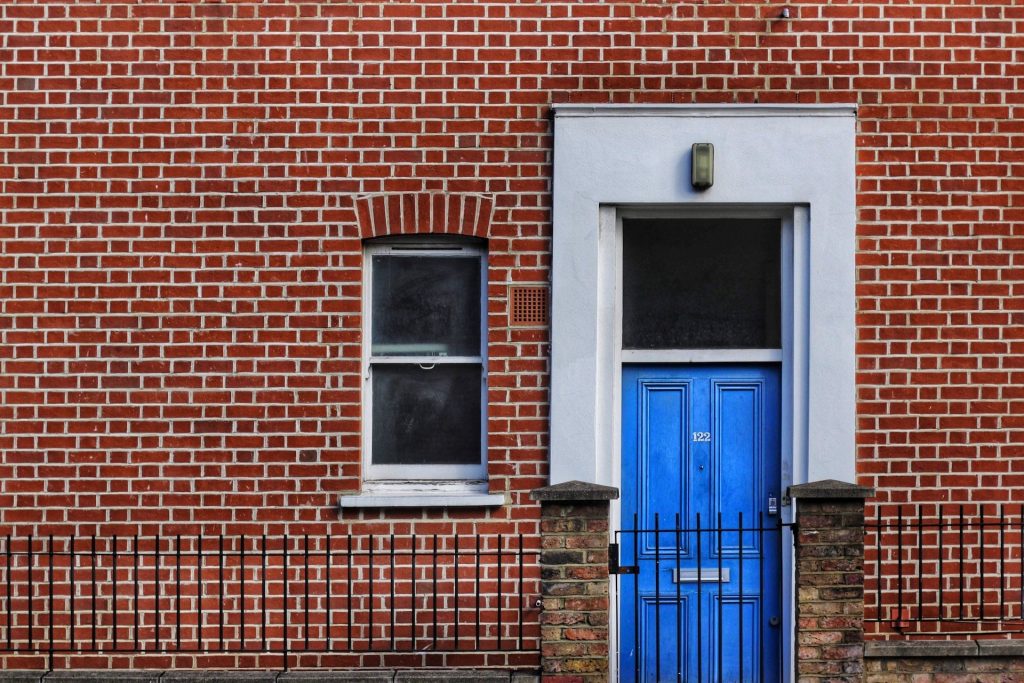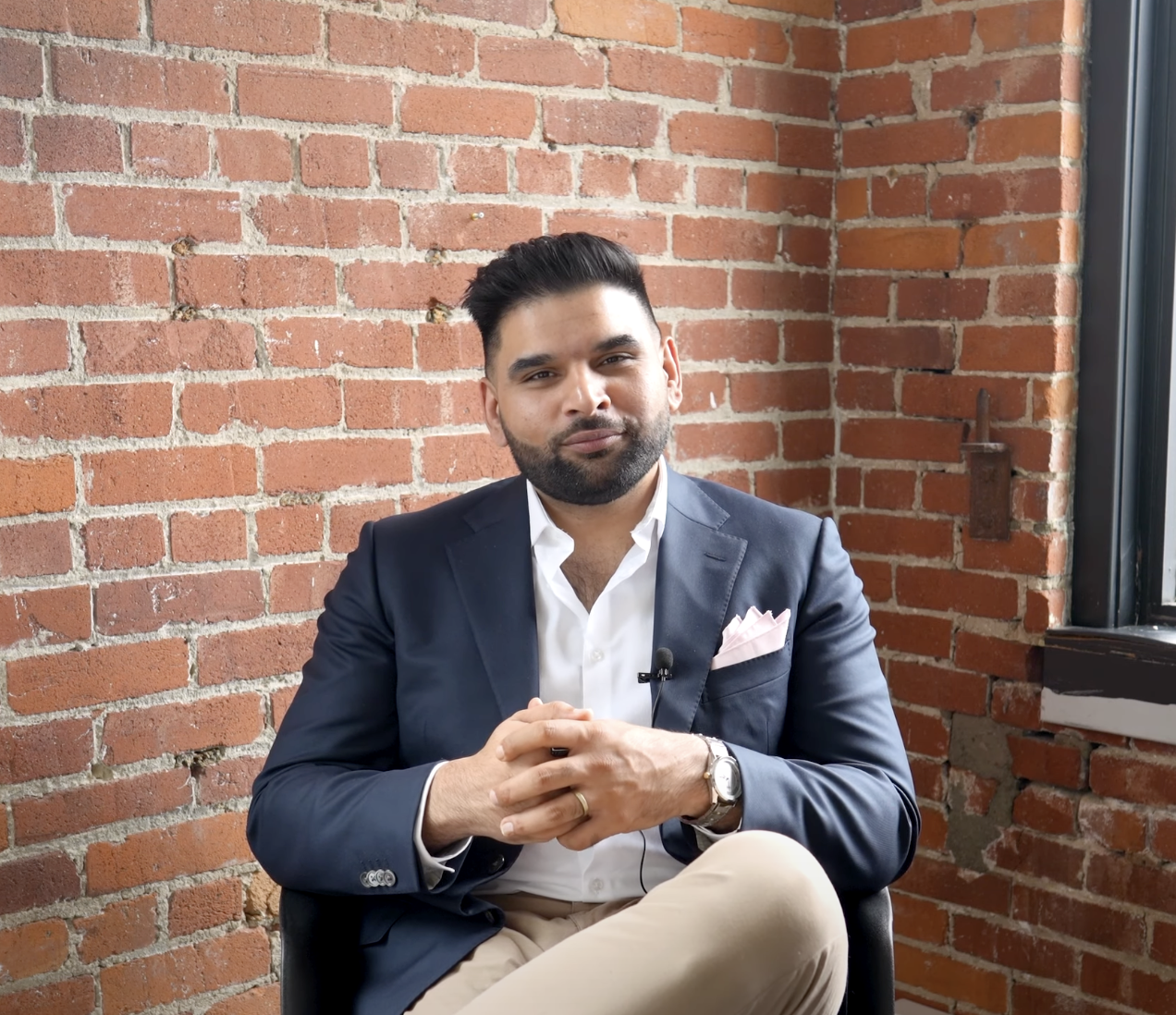What is a mortgage?
A mortgage is a loan used to purchase or refinance a property with the property itself serving as collateral on the loan. Typically, homebuyers will pay 5%-20% of the home’s purchase price as their down payment when they buy the home and use a mortgage loan to finance the remaining 95%-80%.
What is mortgage insurance?
You may have heard the topic of mortgage insurance come up when discussions turn to down payments. That’s because mortgage insurance is mandatory in Canada if you have a down payment that is less than 20% of the home’s purchase price. It serves to protect lenders from borrowers who may default on their payments. Mortgage insurance amounts up to 2.5-4% of the total mortgage amount and is usually financed through your mortgage, increasing your monthly payment.
Mortgage term vs. amortization
When discussing mortgages, buyers can sometimes mix up the mortgage term and the amortization period. At first, they may sound similar since they both refer to important mortgage timelines, but once you understand the differences, keeping them straight is easy.
The amortization period is the length of time it will take to pay off the mortgage, including interest. This period typically spans 25 to 30 years. The longer the amortization period, the higher the total interest paid by the homeowner.
A mortgage term refers to the length of time that your mortgage contract with a specific lender is in effect. The conditions in your contract, such as the interest rate, will remain in effect for the duration of the mortgage term. Terms can range from 6 months to 10 years, but the majority of Canadians choose a 5-year term. If the mortgage has not been paid in full by the end of the mortgage term, the mortgage will be refinanced or renewed.
Longer mortgage terms typically imply a higher interest rate, but also protect homeowners from future spikes in interest rates, while shorter terms provide homeowners with more flexibility. If you choose to break your mortgage term early, you may be subjected to a prepaid penalty fee, though the specifics will depend on the type of mortgage you have and your lender.
When choosing your mortgage term, it’s important to keep in mind factors like your financial situation, short and long term goals, and risk tolerance to discuss with your mortgage advisor.

Types of mortgages and interest rates
As a first-time homebuyer learning about mortgages, you may get confused hearing mortgages referred to as open, closed, fixed, or variable. What do these terms really mean and which one is best for you? Your mortgage advisor will be able to outline your options and help you understand which may best fit your situation and, to help you become familiar with your options, we have included some simple descriptions below.
Open mortgage
Open mortgages typically have higher interest rates than closed mortgages but are also more flexible as they allow the owner to pay off their mortgage sooner through higher monthly payments or a lump sum payment. An open mortgage also allows homeowners to prepay their mortgage without a prepayment charge.
Closed mortgage
A closed mortgage only allows a limited amount of the principal to be prepaid without an additional prepayment charge. The interest rate for a closed mortgage is generally lower than an open mortgage.
Variable interest rates
With a variable interest rate, the homeowner’s interest rate can change when the prime lending rate does. The monthly mortgage payment is usually locked in, but the amount going towards the interest and principal fluctuates. If interest rates rise, more of the monthly payment goes toward the interest. If rates go down, more of the payment goes toward the principal.
Fixed interest rates
With a fixed interest rate, the mortgage interest rate and monthly payments do not change for the term of the mortgage. If interest rates rise, you’re protected as your rate remains unchanged.
The mortgage process
The mortgage process can be divided into 3 separate steps, each coming in different stages of the homebuying journey.
Mortgage pre-qualification
A mortgage pre-qualification gives homebuyers an estimate of how much they can borrow for their mortgage. Pre-qualifications can be received online from many lenders’ websites and use a buyer’s debt, income, and savings to calculate an estimated mortgage amount.
A pre-qualification can be a helpful starting point when you’re first beginning to think about buying a home, but once you decide that you are ready to seriously consider buying, it is recommended you talk to a mortgage advisor and receive a mortgage pre-approval.
Mortgage pre-approval
A mortgage pre-approval is a more in-depth process than a prequalification. During this process, homebuyers work with a mortgage advisor who will collect information about the buyer’s income and debts to determine the maximum mortgage a buyer can qualify for. The mortgage pre-approval will also give homebuyers an estimate of their monthly mortgage payments and lock in an interest rate for a set period of time.
The homebuyer can then use this mortgage pre-approval while looking for homes to make sure they stay within their budget while making offers. Read more about mortgage pre-approvals here.
Mortgage application
Once a homebuyer’s offer on a home is accepted they can complete a formal mortgage application.
Having a pre-approval in hand should make this step more streamlined, however, the property itself will need to be approved by the mortgage underwriting team. The mortgage lender will evaluate the property, taking into account the location, property taxes, property type, and various other factors, before approving the mortgage application and the buyer’s loan.
As the closing date on your property approaches, your lender will finalize your agreement, locking in your mortgage payments, interest rate, term, and amortization. On closing day your real estate lawyer will make sure all the final documents are in place, transfer the necessary funds to the seller, and you will be the proud owner of your new home!
Final notes
If you feel confused or overwhelmed about mortgages, you’re not alone. The mortgage process can be stressful if you don’t know what to expect, but it doesn’t have to be. Hopefully, this guide has helped you feel more prepared for your mortgage and home purchase.
When you co-buy with Ourboro, we’ll be your trusted homebuying partner. After completing an application we’ll connect you with a third-party licensed mortgage partner to help guide you through the entire mortgage, and homebuying, process.
Interested in seeing how much Ourboro may be able to contribute towards your down payment? Get started and see how shared ownership can help you buy the home you want, sooner.





